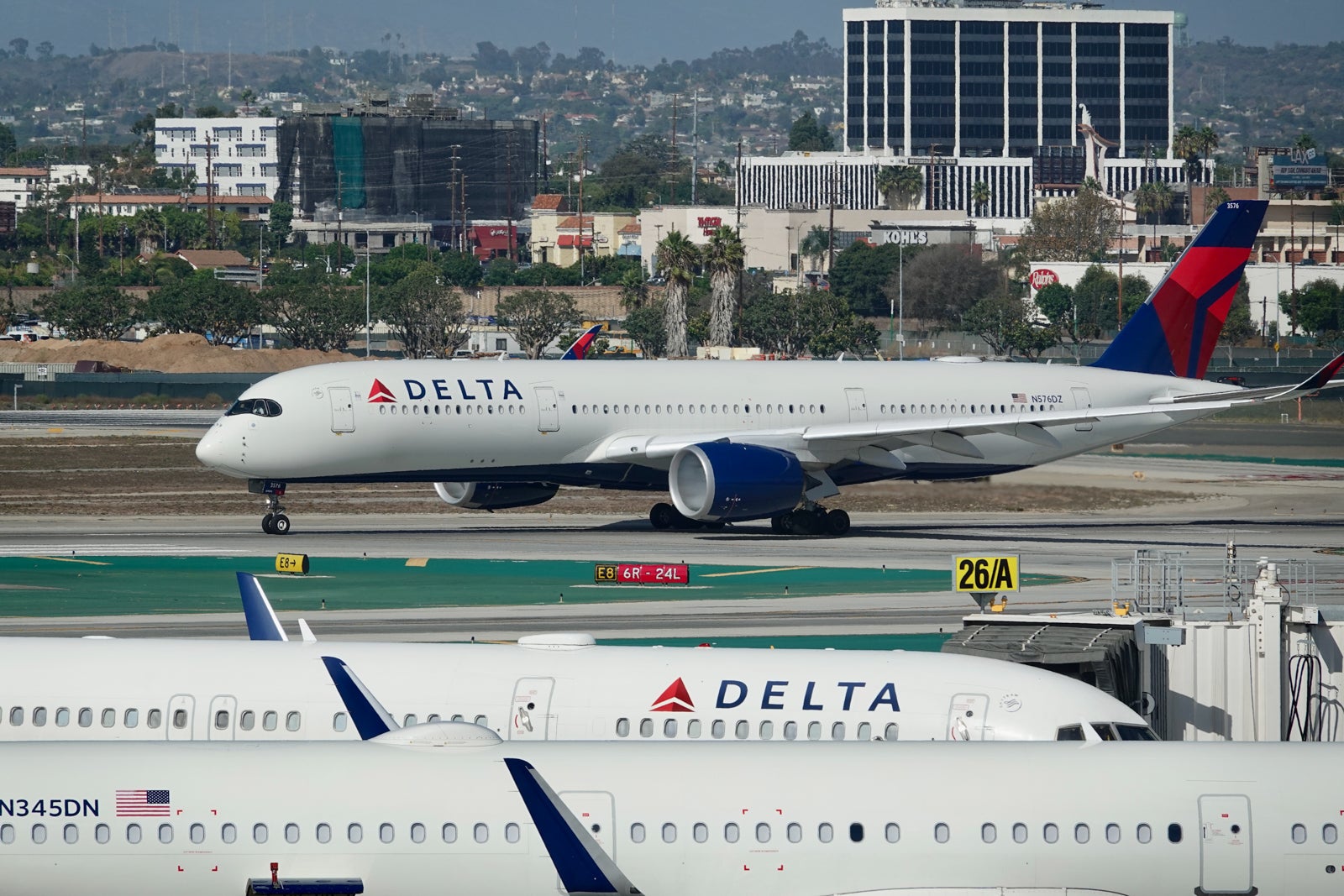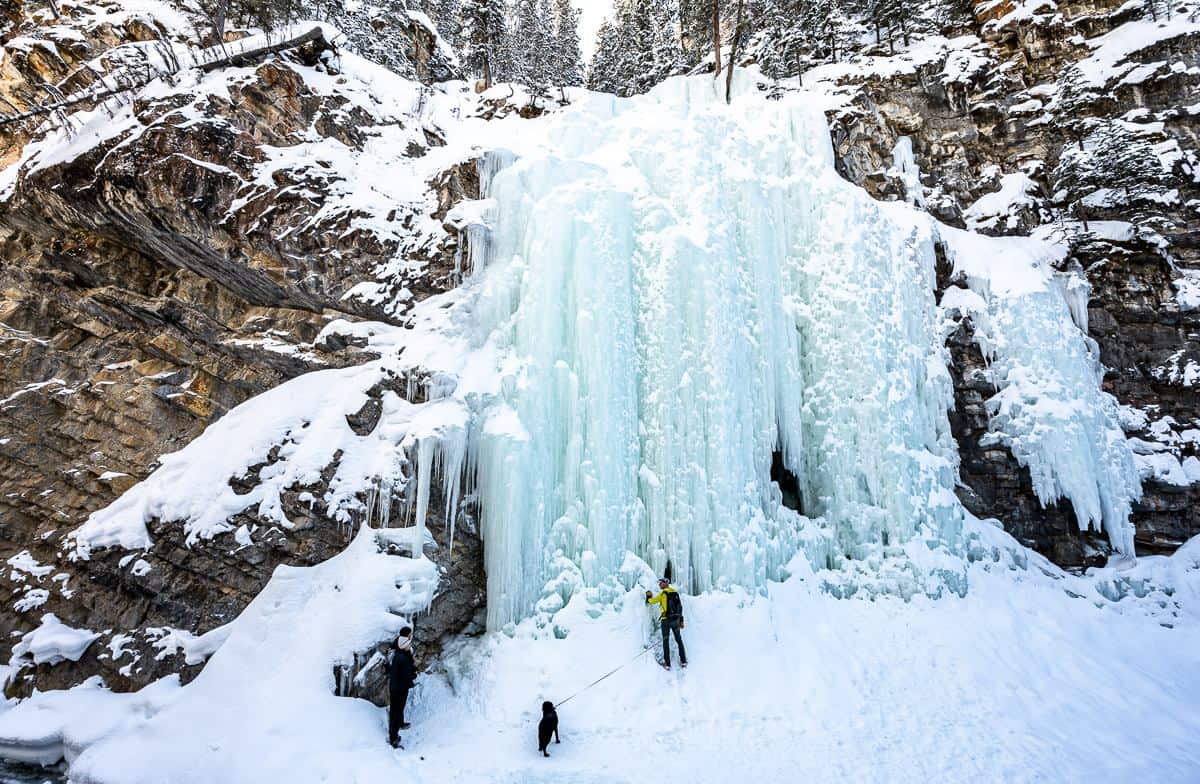Delta Air Lines is turning up the heat in Minneapolis-St. Paul, as it looks to reaffirm its dominant position in the market.
Over the weekend, the carrier added a slew of new and resuming routes for summer 2023, giving local and connecting travelers plenty of destinations to enjoy in the next year.
The expanded service includes the following seven routes from Minneapolis-St. Paul International Airport (MSP) to:
- Burlington International Airport (BTV) in Vermont.
- Colorado Springs Airport (COS).
- Great Falls International Airport (GTF) in Montana.
- Jackson Hole Airport (JAC) in Wyoming.
- Reno-Tahoe International Airport (RNO) in Nevada.
- Richmond International Airport (RIC) in Virginia.
- Valley International Airport (HRL) near Harlingen, Texas.
These flights will be operated by a mix of Delta mainline and Delta Connection affiliate SkyWest Airlines.
While Delta’s expansion is noteworthy in terms of the number of additional MSP flights for summer 2023, it also strengthens Delta’s leading market share in Minneapolis-St. Paul, where it has historically operated somewhat of a fortress hub.
That leading position has been challenged recently by MSP’s hometown ultra-low-cost carrier, Sun Country Airlines.
While Sun Country may not compete head-to-head against all of Delta’s MSP routes, it does seem to relish in the competition.
In mid-November, Sun Country unveiled 15 summer routes from MSP, as it seeks to establish itself as a lower-cost alternative to Delta in the market.
“We’re trying to turn Minneapolis into a two-airline market,” Sun Country CEO Jude Bricker said at the Skift Aviation Forum in Dallas in November. “If you pay with your own money, you fly with Sun Country. If you fly on a corporate contract, you fly Delta.”
Sign up for our daily newsletter
In fact, two of Delta’s expanded MSP routes will go head-to-head against Sun Country’s new summer routes from MSP. This includes service to Colorado Springs and Richmond.
Delta is no stranger to a turf war. In recent years, the airline has vigorously defended its position in key hubs against new entrants and expanding incumbents.
Earlier this month, the carrier announced a new route from Detroit to Reykjavik. This new seasonal service was unveiled just a few days after Icelandair unveiled plans to connect both cities, and Delta’s service will now commence three days before Icelandair’s.
But perhaps the best example of Delta defending a hub is in Seattle.
In the early 2010s, Delta had a strong relationship with Alaska Airlines, Seattle’s hometown carrier. The tie-up included a robust codeshare and frequent flyer alliance. By the middle of the decade, however, the partnership frayed as Delta moved instead to build its own hub in Seattle, ultimately competing head-to-head with Alaska on many of its most lucrative routes.
The partnership ultimately ended in 2017 amid an escalating turf battle for Seattle. Since then, Delta has been in growth mode — boosting its Seattle hub with new routes, while also rethinking many elements of the travel experience, including a stylish new Sky Club.
And now, the airline is perhaps returning to a familiar strategy in MSP, where it’ll boost service there to keep the pressure on Sun Country.





















Discussion about this post